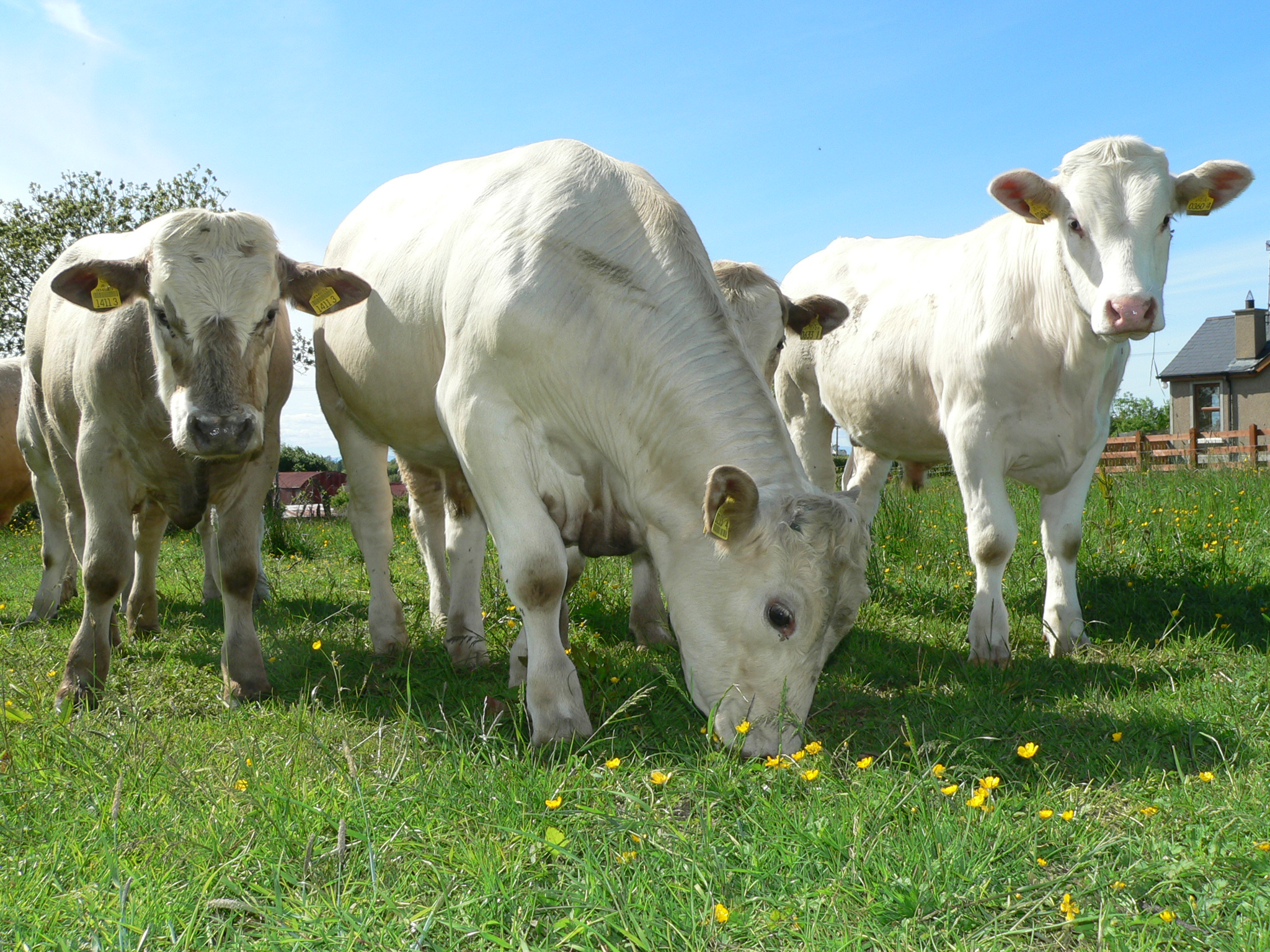
Commodity watch by policy officer Kellie Rouse
Wool is a very sustainable product with so much potential, yet it is undervalued in today’s world. Wool is made up of the protein fibre keratin, it is 100% natural and biodegradable. Wool is a renewable, natural, fibre, produced from sheep each year whereas synthetics are made from oil and refineries. Synthetic fibres take 30-40 years to degrade whereas wool degrades in a much shorter time. Wool breaks down naturally without causing any harm to the environment.
Wool is classified as a category three waste product along with animal carcasses under EU categorization during the Foot and Mouth epidemic in 2002. The current price of wool is on average 27p/kg or 52p/fleece, and farmers must pay on average £2/sheep to clip the wool. For many farmers, wool is unfortunately seen as a by product of sheep farming. This was not always the case as sheep were once produced for the value of their wool.
Synthetics are generally more affordable, and we live in a world where synthetics dominate the market with wool currently only making up 1.2% of the global apparel market by volume. Fast fashion is dominant in today’s world and there is little consideration for the environment when shopping for clothes, carpets, furniture, bedding etc.
Recently, the Ulster Farmers’ Union (UFU) beef and lamb committee visited Ulster Carpets on a factory tour. The committee were pleasantly surprised to hear that their carpets are made predominately with British and Irish wool. The factory is very impressive using sophisticated modern technology to create top quality carpets made of local wool that is exported around the world. During our tour we seen carpets being made for casinos in Las Vegas and hotels all over the world. There is a lot of work and fine detail that goes into making a carpet.
UFU policy officer Kellie Rouse, also attended the Irish Wool Council meeting to continue discussions about how wool could be branded and promoted better. Throughout these meetings a general recurring theme was that UK farmers are fortunate to have British Wool to provide traceability and a marketing outlet for wool. Across Europe and even in Ireland, the lack of a wool board leaves sheep farmers at a serious disadvantage.
Discussions also included how wool can be used in bedding in pillows and duvets. There are many benefits of using wool bedding, it is hypoallergenic, bacteria resistant, thermal resistant, temperature regulation, mold and mite dust resistant, comfortable and ecofriendly. Recently, Galway based business Woolow, secured a contract to supply woolen pillows into Hasting hotels in Belfast. A great example of how wool can be utilised, creating increased markets and more added value for the farmer.
There are some new and exciting wool innovation projects happening across the UK and Ireland. These include using wool as insulation for food, pharmaceutical products and in construction. There is also innovative work going on to find a use for wool in engineering, automobile, horticulture etc. There are so many potential and unique possibilities for wool products. Through future wool innovation and a drive to create a more sustainable world, tides could turn for wool and a better return for the farmers could be achieved.




